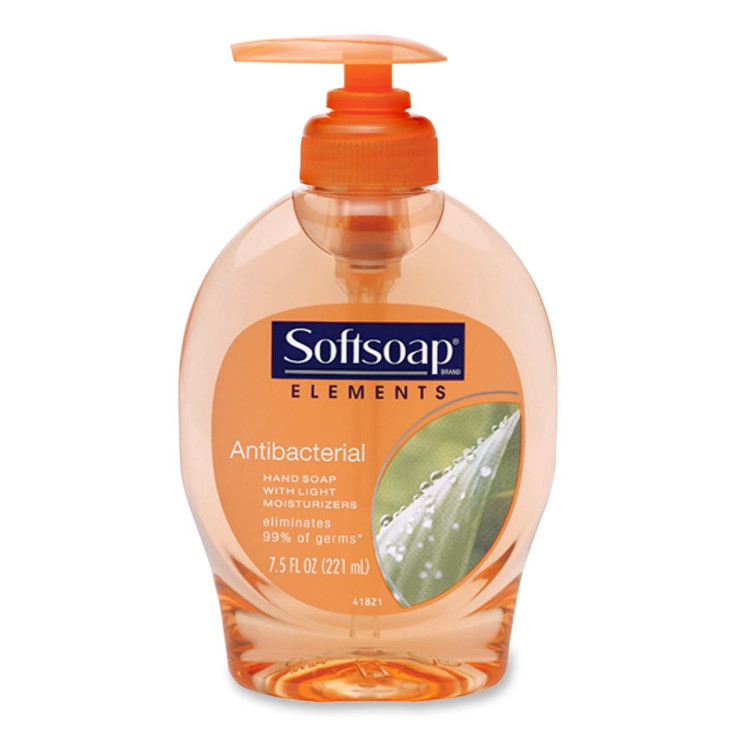FDA Reviews Antibacterial Hand Soap: Why Triclosan Is Bad For You And The Planet

The U.S. Food and Drug Administration (FDA) is currently compiling a report that will explore the ecological and human health impact of a common antibiotic used in everything from 70 percent of hand soaps to body washes: triclosan.
Issues have been raised in recent years, where consumers have seen this antibiotic product increasingly being used in more and more products. The more we learn about the problems with overuse of antibiotics, the more we need to be aware of the impacts not only on the environment but on our health and the very fine balanced ecosystem that lives on and inside of each person.
Triclosan was approved more than 40 years ago, but did not have to go through the rigorous approval process that all drugs and chemicals need to go through these days.
The problem with tricoslan is that it is a powerful antibiotic — too powerful. For example it is also used to clean eating utensils and surfaces. When we use it on our bodies, we are effectively permeating ourselves with a chemical without knowing the long term effects.
Personal Effects
The more we learn about the almost two pounds of bacteria that each and every one of us carries around in our digestive systems, the more we know how the fine balance of bacterial species affects our health. It is known that any disturbance can open people up to infections such as C. diff, that are normally controlled by helpful gut bacterial. Accidently ingesting chemicals like tricosan can disrupt the harmony that exists in our digestive systems and can have adverse effects on overall health.
The chemical was also seen to disrupt gut bacteria in mice and make them more susceptible to the autoimmune disease colitis.
Triclosan was also observed in 75 percent of sampled Americans urine in a 2008 study by the U.S. Centers for Disease Control (CDC).
Environmental Effects
We wash our dishes, utensils, hands, and even bodies with soaps containing triclosan. Where does the chemical go once it is out of our sink and showers?
Triclosan and other antibacterial compounds end up in the oceans where they can kill microscopic bacteria that form the base of the food chain. We have been pumping this chemical into the oceans for decades and have observed problems, finding it quite high up in the food chain, even in dolphins.
Does It Even Work?
Triclosan is a known antibacterial agent, but people were doing just fine with plain soap and water before the chemical came on the scene. Studies have proven again and again that using soap with or without triclosan had no effect on the amount of bacteria people had on their hands after washing them.
This begs the question as to why we are even using the chemical in the first place.
Additionally, triclosan needs to be on a surface for over two minutes to work. Most people barely wash their hands for 30 seconds, so the antibiotic is wasted in most cases.
In light of numerous stories about antibiotic resistant super bacteria being prevalent on keyboards and computer mice in addition to being in our food chain, is it necessary to overuse this chemical in so many facets of life where it is not needed?
Progress Is Being Made
Consumer packaged goods conglomerate Johnson & Johnson has said that it has plans to remove triclosan from all its baby products by the end of this year. They said the chemical would be removed from all adult toiletries by the end of 2015.



























